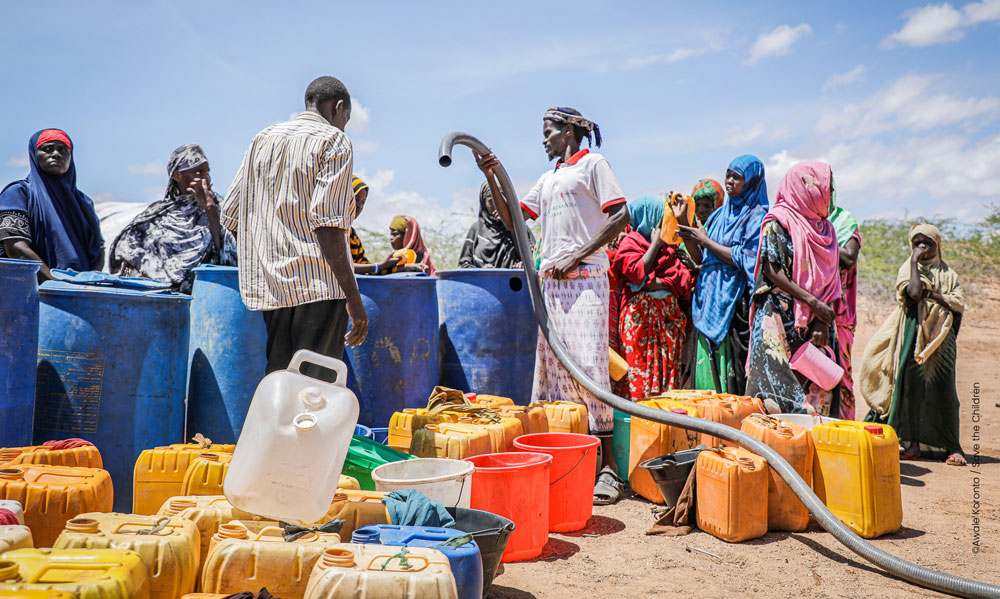Across the world, governments used cash transfers, including unconditional transfers, to shield vulnerable people from the economic hardships of the COVID-19 pandemic. As of December 2020, cash transfer schemes made up more than a third of the estimated 1400 social protection responses to the pandemic across 215 countries and territories. While we cannot be sure how the decisions to implement all those specific programs were made, we do know that the evidence on cash transfers' effectiveness is solid and has widely influenced policy choices.
A large number of studies conducted before the pandemic, including a 3ie-supported evaluation of Malawi’s Social Cash Transfer Program (SCTP), have shown the effectiveness of unconditional cash transfers in improving a range of outcomes for poor households. These studies, some of which are featured in this paper, also allayed some of the concerns around transferring cash without strings attached. (For example: people don't waste the money on alcohol or quit working)
For its part, the SCTP impact evaluation showed that the cash transfer achieved its primary objective of ensuring food security amongst ultra-poor, labor-constrained households. It also had significant positive impacts on the ownership of both agricultural assets such as hand hoes or axes, and non-agricultural durable assets such as beds and radios.
For every Malawian kwacha transferred, participating households generated an additional 0.69 kwacha through productive activity – meaning that transfer recipients earned more income from working than those who received nothing. These results countered arguments that such programs foster dependency, that poor people do not use cash transfers wisely, or that transfers must have conditions attached to them to prevent their misuse.
Apart from contributing to the global evidence base on unconditional cash transfers, the impact evaluation of the SCTP was quite influential within Malawi. Baseline findings and analyses prompted the government to increase the size of the cash transfer. Also, since the evaluation showed positive impacts, the World Bank decided to increase funding, resulting in the program being scaled up so that it operated in every district in the country.
"In Malawi, we really understand the value of impact evaluation," said Esmie Kainja, principal secretary of the Ministry of Gender, Children, Disability and Social Welfare, Malawi. "We want to know whether what we want to scale up is worth spending the money."
If you want to read about all the ways in which the evaluation made a difference, the evidence impact summary here has more details. You can also find more stories of evidence informing decision-makers on our Evidence Impact Summaries Portal and through our series of evidence impact blogs.







